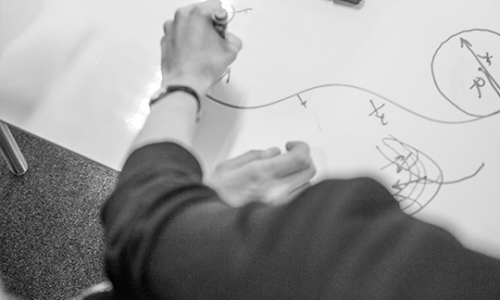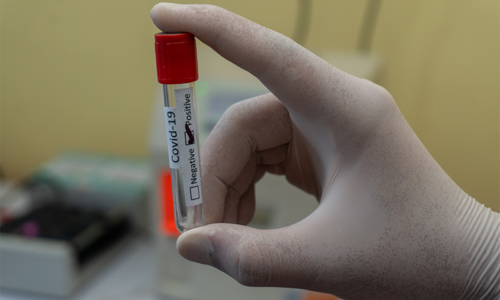Increasingly historians of Modern China have begun to turn to the complex decades between the fall of China’s last dynasty and the establishment of the PRC, not merely to better understand the emergence of Communism or the fate of imperial traditions, but as a significant period in its own right. In addition to examining the major social and political changes of this period, this seminar course will explore the emergence of new cultural, artistic and literary genres in a time notorious for its turbulence. Readings explore both new and classic interpretations of the period, as well as selections from recent scholarship that has benefitted from expanding access to Chinese archives. The class will culminate with student’s choice of either with a historiographical final paper or with a close reading of a primary source in light of the issues explored in the course.
- Session 1: Late Qing Crises and The Revolutionary Moment
- Session 2: Bandits and Rebels
- Session 3: The Public and The Press
- Session 4: Nationalism, Race and Ethnic Identity
- Session 5: China under the KMT Rule I: New Culture and New Life
- Session 6: Radical Thoughts in the Early Twentieth Century
- Session 7: State-building and Judicial Reform
- Session 8: Regulating the City
- Session 9: How to Develop a Historical Research Proposal
- Session 10: Research Proposal Presentation & How to Conduct Historical Research
- Session 11: Final Project Peer Review Session
Course Features
- Lectures 1
- Quizzes 1
- Duration 10 weeks
- Skill level All levels
- Language English
- Students 3
- Assessments Yes






